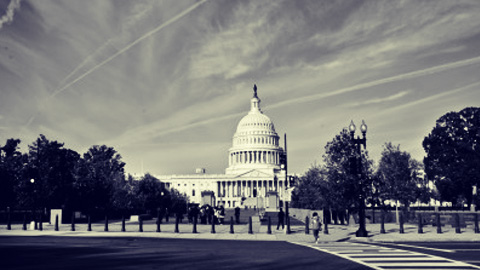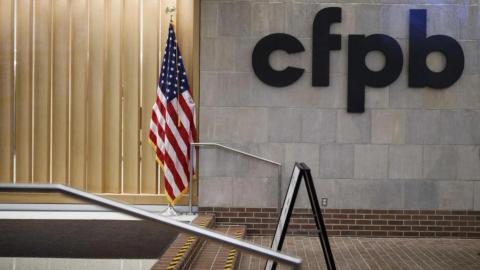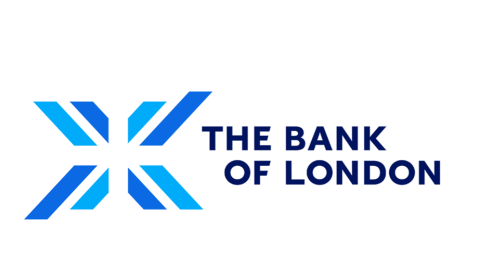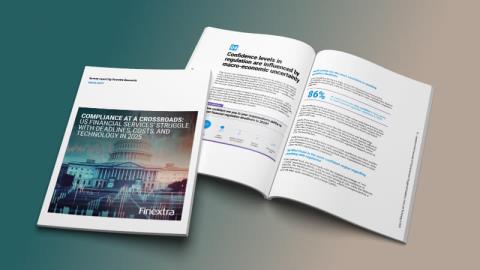House of Representatives Rejects CFPB Oversight on Major Tech Payment Apps: What It Means for Consumers
The recent legislative actions taken by the House of Representatives reflect a significant shift in financial oversight, primarily concerning the Consumer Financial Protection Bureau (CFPB). Voting largely along party lines, the House has passed a resolution under the Congressional Review Act, effectively stating that the CFPB’s new rule “shall have no force or effect.” This move sets the stage for President Trump to make pivotal decisions regarding financial regulations affecting major nonbank entities.
Background on the CFPB Rule
Finalized late last year, the CFPB rule aimed to ensure that large nonbank players adhere to federal laws similarly to traditional financial institutions, such as banks and credit unions. This regulation was particularly relevant for companies like Google, Apple, and PayPal, as well as the social media platform X, which has announced plans to introduce payment services in the near future.
Elon Musk’s Role in the CFPB Debate
Elon Musk, the owner of X, has been vocally opposed to the CFPB’s regulations. Through the Department of Government Efficiency (DOGE), he has championed efforts to dismantle the CFPB’s authority. Recently, Musk shared a post on X stating “CFPB RIP,” accompanied by a tombstone emoji, signaling his stance against these regulatory measures.
Arguments for and Against the Rule
The CFPB justified the rule by pointing out that companies like Apple Pay and PayPal have captured significant market share without undergoing the same level of regulatory scrutiny as traditional financial services. In contrast, Republican Representative Mike Flood expressed his support for rolling back the regulation, emphasizing that it is essential to prevent the CFPB from becoming a “barrier to innovation for job creators across America.”
Recent Changes at the CFPB
Since President Trump appointed acting Director Russell Vought and dismissed former director Rohit Chopra, the CFPB has seen a reduction in its regulatory activities. Recently, the bureau has dropped several lawsuits against major banks, including JPMorgan Chase, Bank of America, and Wells Fargo, related to fraud on the Zelle P2P payments network.
Impact of Legislative Actions
This week, the House also voted to disapprove a CFPB rule that aimed to cap overdraft fees. Under the proposed rule, banks and credit unions with assets exceeding $10 billion would have been required to limit overdraft fees to $5 or align them with standard lending laws. This legislative momentum indicates a broader trend toward reducing regulatory constraints on financial institutions.
For more information on the implications of these changes, you can visit the CFPB’s official website or follow the ongoing discussions on financial regulations.







